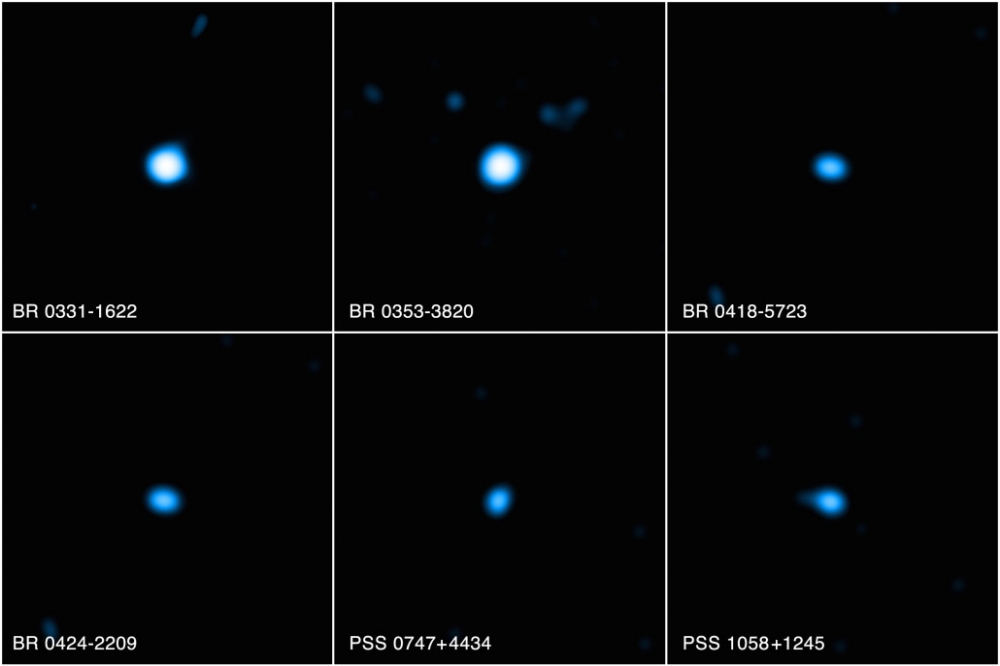Foamy Evidence

Modern cosmology is dominated by two fundamental theories: general relativity, which describes the structure of space and time as manifold that interacts with mass/energy (aka gravity), and quantum theory, which describes the fundamental interactions of protons, electrons, light, etc. (aka quanta). Both models are strongly supported by experimental and observational evidence. The problem is that each theory makes fundamental assumptions about the way the universe works, and they contradict each other at a basic level. This isn’t a problem if you are interested in things on a large scale, such as planets and galaxies (general relativity), or things on a small scale such as nuclear fusion (quantum theory). The contradiction arises when you want to understand objects that are both very dense and interact at high energies, such as black hole interiors, the big bang, etc. So one of the challenges of modern cosmology is to develop a unified theory of quantum gravity, which would combine the predictions of general relativity and quantum theory in a consistent way.
....
See full text
There are no published comments.
New comment